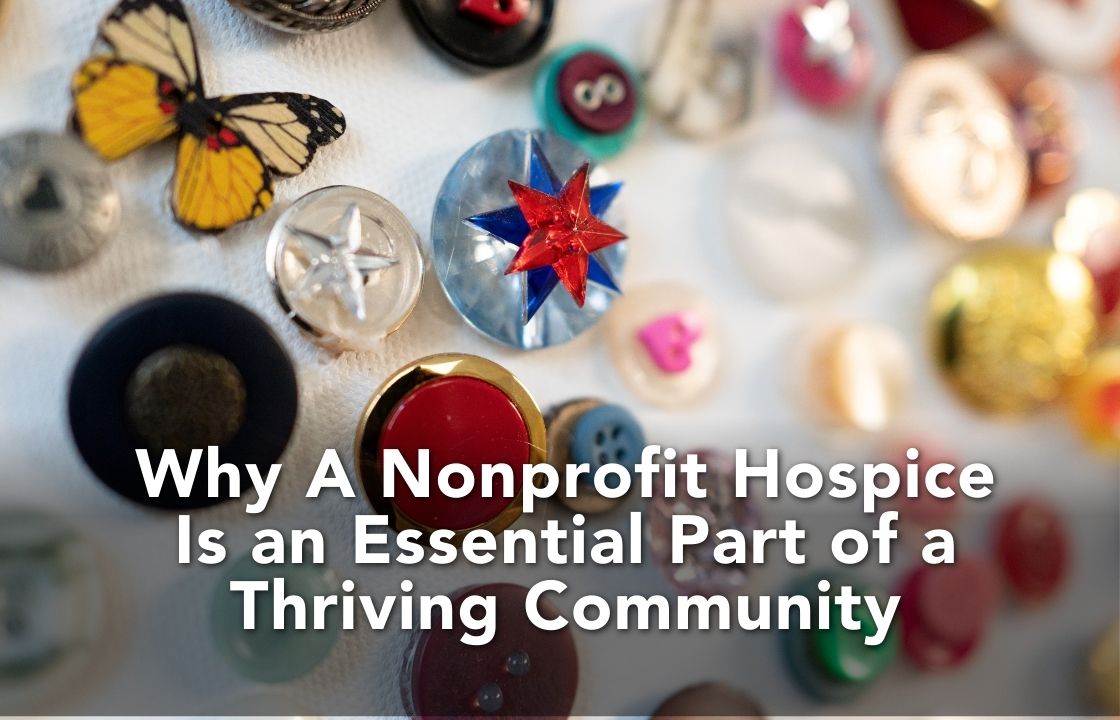Hospice of the Piedmont depends on the generosity of the community we serve to provide high-quality and compassionate care, regardless of a person’s ability to pay.
Many of the programs and services we provide that bring peace and comfort to patients and their families are only possible through donor support. These include the Hospice House, Palliative Care, Kids’ Grief and Healing, Grief and Healing, the Doula program, and Veterans’ Services.
Cash donations are one of the simplest ways to contribute. However, there are several other ways to contribute that may be advantageous to you while allowing you to maximize your support for Hospice of the Piedmont.
Appreciated Stock or Mutual Funds
When you give appreciated stock or a mutual fund you’ve held for more than a year to Hospice of the Piedmont, you can avoid capital gains tax and receive a charitable income tax deduction when you itemize.
Qualified Charitable Distributions (QCDs)
For those 70 ½ or older, you can make a qualified charitable distribution (QCD) directly to Hospice of the Piedmont from your taxable IRA. This gift counts toward your required minimum distribution. Plus, 100% of your gift remains in our community.
No matter your age, you can designate Hospice of the Piedmont as the beneficiary of all or part of your IRA. This allows your gift to pass to us tax-free after your lifetime.
Estate Plans
When you include Hospice of the Piedmont in your estate plan, you help ensure we can continue to provide end-of-life care to our community well into the future.
To learn more about how to make an impact, contact Hannah Catherine Allport
Director of Development & Donor Relations, at HannahCatherine.Allport@hopva.org or (434) 972-3538.
A Donor Perspective on Giving
By Bob Elliott

A number of years ago, after my wife passed away in the loving care of Hospice of the Piedmont (HOP), I made a decision to create a legacy of financial support for one of our favorite charities, namely HOP. I wanted to make that financial support in the form of a major gift commitment, as well as a future gift commitment or planned gift.
I knew there were several ways to accomplish this, but the best for me was to make a pledged commitment that I could fulfill over several years as well as a planned gift. I also found that there were varying tax advantages based on the way the gift was made, whether it was through cash, security, or stock withdrawals from an IRA or Savings account.
I have utilized the full menu of options available based on what worked best for my cash flow, tax ramifications, and, most importantly, my philanthropic goals at the time. As tax regulations and the financial environment are ever-changing, I do find it best to consult with a professional financial advisor or tax attorney when developing your philanthropic plans.
Most importantly, as more informed donors, we can make the most of our philanthropic giving to support the causes that are near and dear to us.



